How to Find Time to Prep For Emergencies
Emergency preparedness is an important aspect of life that is often overlooked due to a perceived lack of time. But with some planning and prioritization, anyone can find the time to prepare for unexpected situations. I think it’s important to learn how to find time to prep for emergencies. How Long Does it Take to Recover From a Wildfire?
Consider your personal circumstances and the needs of your household members and start disaster preparedness plans now. Having a two-week supply of most staples is a good start. You can’t wait until those emergency alerts come over the TV, radio, or on your cell phone. However, the Food Storage Moms blog is full of important information that will help your family prepare for any major emergency.
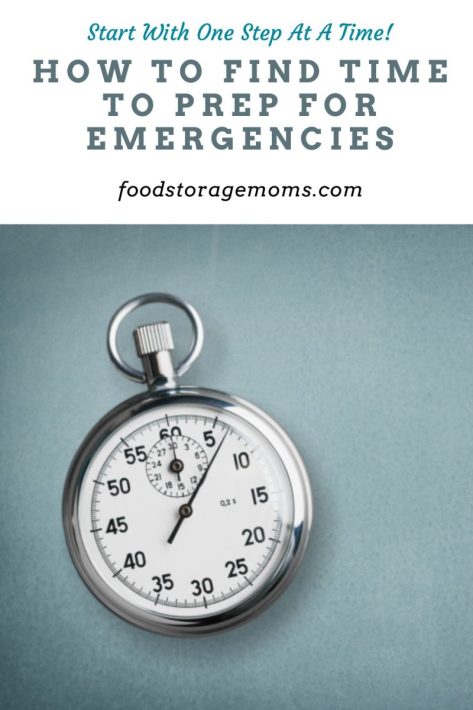
1. Prioritize Your Emergency Preparedness
First and foremost, understand that emergency preparedness is not a luxury, but a necessity. Make it a priority in your life just like you would with any other important project or task. Schedule time each week dedicated to this task. It’s hard to say what you should prioritize in case of an emergency.
However, I always say that food and water are the most important. Meeting those basic human needs is vital. It’s a good idea to start with those basic steps and then move into the more complicated areas. For example, you can prepare for each natural disaster on its own, while still being collectively prepared for ANY emergency.
Where you live and the historical events centered around disasters and general emergencies are a good place to start. If your region is known for floods, hurricane season, tornado alley, or the “big one” as it relates to a large earthquake that’s due, you can prioritize one or more of those anticipated events. You may not know when, but you can determine what’s going to happen.
2. Break It Down Into Manageable Tasks
Rather than viewing emergency preparedness as one huge task, break it down into smaller, achievable tasks. This could include creating an emergency contact list, packing a survival kit, or planning escape routes if there is a required evacuation. Tackling one task at a time makes the process less overwhelming.
Take a look at the individual needs of your family and make sure you have the proper basic emergency supplies kit on hand. If you look at every single person in your family as a whole, this could be super overwhelming. Instead, break down the tasks and hone in on the most critical first.
Check your food supply, make sure you have a meeting place, or double-check your bottled water supply. Breaking these tasks down into smaller ones can really help you not feel overwhelmed about potential emergency situations.
I’ve found it helps to put together a checklist as part of my emergency preparedness plan. Each area of concern could have its own list. For example, for water storage, you need to consider how many gallons of water per person per day is needed for hydration, cooking, personal hygiene and sanitation, etc. Then how you’re going to store it, whether in smaller containers, 55-gallon drums, large tanks like my 250-gallon unit, or a combination of all. Then you’ll need to determine how to treat the water so it is clean and will last as long as possible.
3. Make Use of Small Blocks of Time
You don’t need large blocks of uninterrupted time to prepare for emergencies. Use small gaps in your schedule to work on your plan. Waiting for a meeting to start? Use that time to research emergency supplies online. Watching TV? Start putting together your survival kit during commercial breaks.
If you find yourself having a free minute or two, then you can always finish a task or two! In the event of an emergency, you’ll be super glad you took the time to prepare for a major disaster. Small things like having your emergency preparedness kit ready can mean life or death. Consider first aid kit supplies, gear like plastic sheeting to make shelters for family members, and how to store necessary lights like a flashlight or some lanterns so they have ready access and work properly.
4. Get the Whole Family Involved
Emergency preparedness should be a family affair. By involving everyone, you not only share the workload but also ensure everyone knows what to do in an emergency. Assign age-appropriate tasks to each family member.
Whether you’re prepping important documents like copies of birth certificates and passports, putting together your emergency kit, or making an emergency plan, you can get the whole family involved. Let your kids help pack extra batteries, medical supplies, check the fire extinguisher, pack some trash bags and toilet paper, and so on.
Family members can also take inventory of what’s in the pantry, do you have chargers for your various electronics, do the bug-out bags have needed tags, whether is there a tool kit with things like pliers, a hammer, some wrenches, and more. Are there some kitchen necessities ready to go like a manual can opener, utensils, and some canned goods like beans, fruits, and meats?
Have you accounted for health issues like over-the-counter and prescription medicines, a CPAP, and mask varieties like a dust mask or N-95 masks? If outside you’ll need things like sunscreen, insect repellant, shade hats, and possibly gloves and an emergency blanket if the weather turns.
5. Automate Where Possible
Leverage technology to automate parts of your emergency preparation. For instance, set reminders on your phone to check and update your survival kit every six months and rotate food items.
Use online services to automatically order and deliver emergency supplies. Automation comes in handy when there are power outages, but you have already taken care of your emergency supply kit. It’s important that we take natural disasters seriously and actually make the time to prepare.
6. Turn Preparation Into a Habit
Incorporate emergency preparedness into your daily routine until it becomes a habit. This could be as simple as checking the batteries in your smoke detectors every time you clean your house, or updating your emergency contact list when you update your phone contacts.
When it comes to emergency preparedness tips, it’s important to make prepping a habit. Identify your specific needs, the staple foods you need on hand, and start prepping.
7. Seek Out Resources and Support
There are numerous resources available online and offline to help with emergency preparedness. Use these resources to save time and make the process easier. This could include ready-made emergency kits, online guides, or local community groups.
Once a disaster strikes, this is usually when you start seeking out resources and support. Local authorities will help guide you through the process. However, I can’t stress it enough to make sure you are prepared on your own. While it’s nice to have local authorities and potential help, you can’t rely on anyone like you can rely on yourself.
Take the time to get to know who lives in your neighborhood, what skill sets like CPR and other first aid techniques might they have to help you and others, and whether there are things you can share to support each family’s unique needs.
What is an emergency preparedness plan?
An emergency preparedness plan is a plan that outlines the procedures and actions to be taken during an emergency or disaster.
This plan identifies potential risks, includes preparation procedures, strategizes responses, lays out recovery plans, and assigns roles and responsibilities.
The goal is to ensure the safety and well-being of families in crisis situations. This is a tool that should be regularly updated and understood by everyone involved.
More Tips to Check Out
- Preparing for the School Year: Must-Have Items for Preppers
- How to Start Prepping with No Money
- 9 Ways You Can Use Your Yard for Prepping
- 7 Tips on How to Refresh Prepping Disaster Supplies Easily
- Survival Items for Emergency Prepping
Final Word
When you take the time to incorporate these strategies into your life, you’ll find that emergency preparedness doesn’t have to be a time-consuming task. Instead, it’s a manageable, ongoing process that can provide peace of mind. I know that when I take each emergency preparedness task one at a time, it makes everything a whole lot easier.
Having basic supplies is important, but it’s also vital to get into the bigger stuff like preparing for medical conditions and more large-scale disasters. I’d love to hear your tips on how to find time to prep for emergencies. May God Bless this World, Linda
Copyright Images: Timer on Light Blue Background AdobeStock_202252340 By BillionPhotos.com, Woman and Emergency Supplies AdobeStock_442859856 By David Pereiras

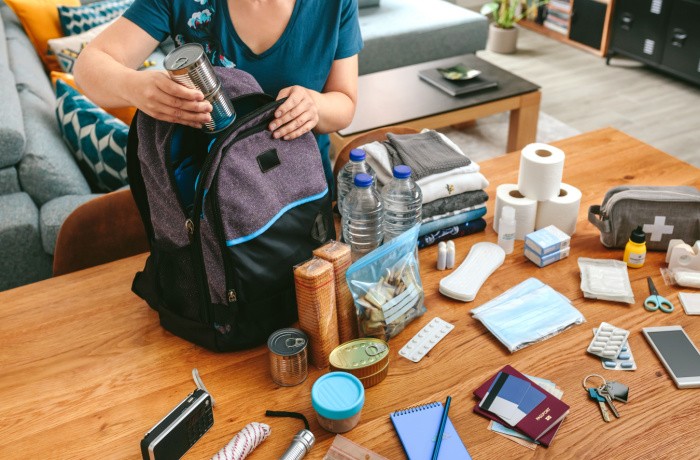

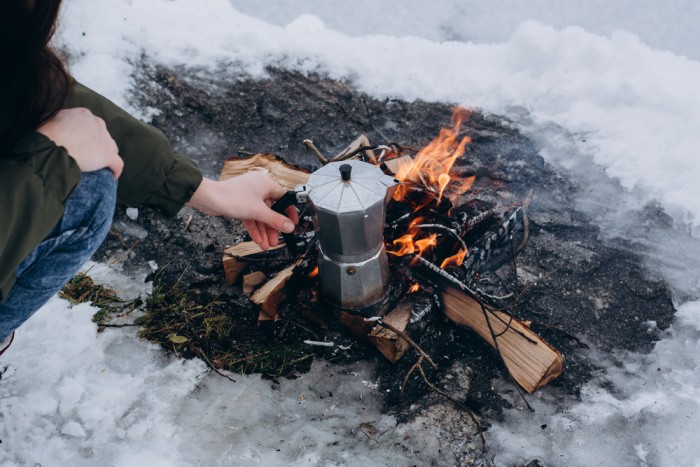

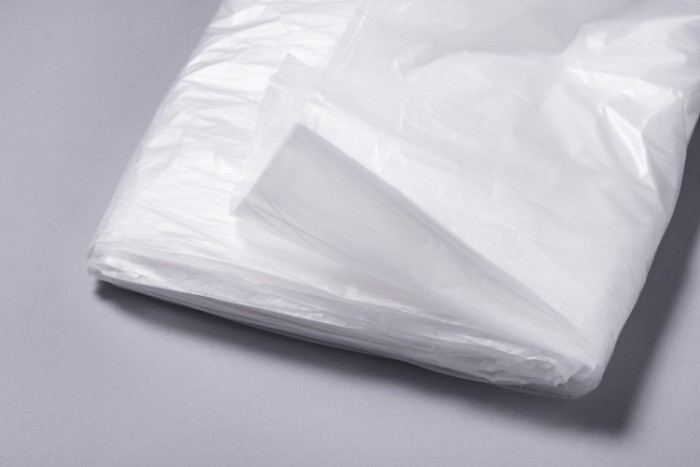
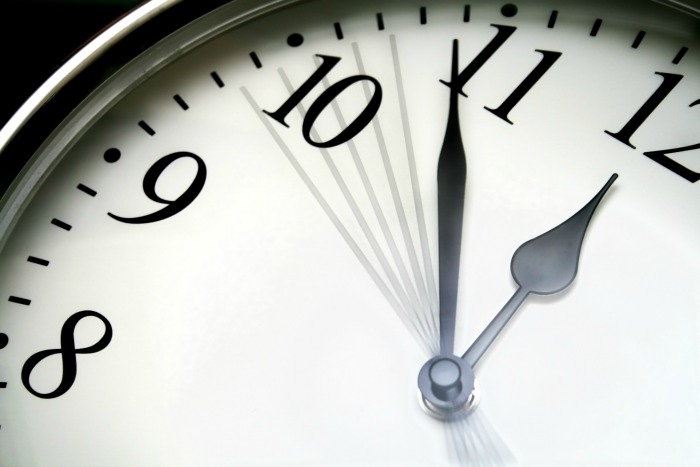
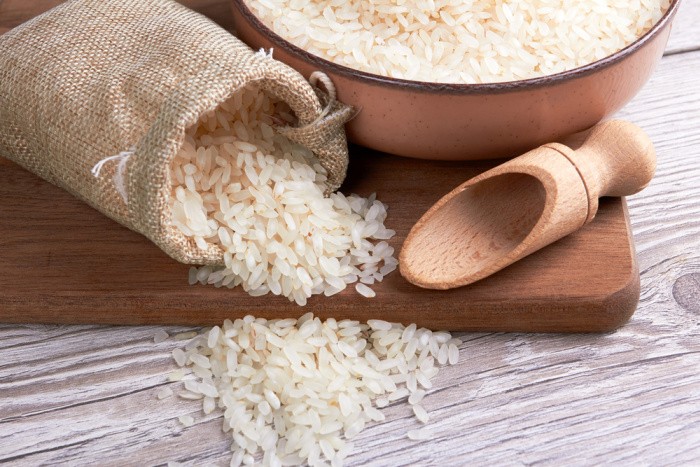
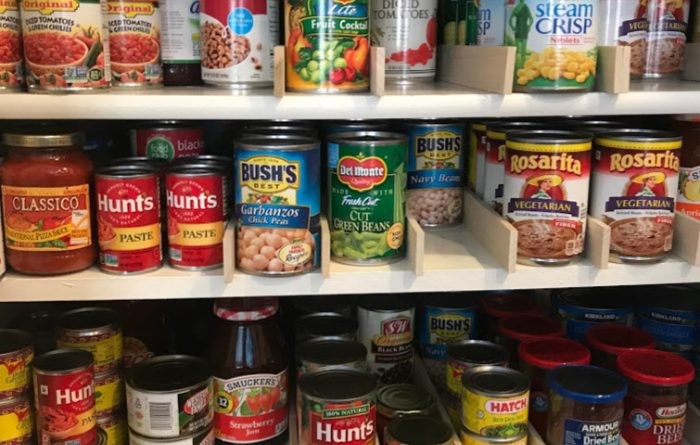
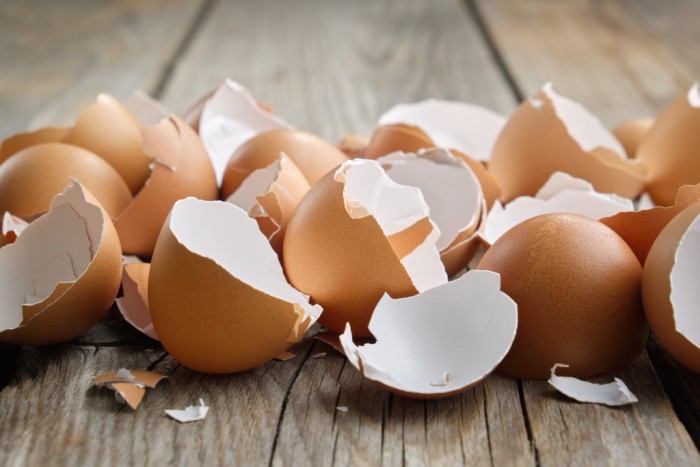
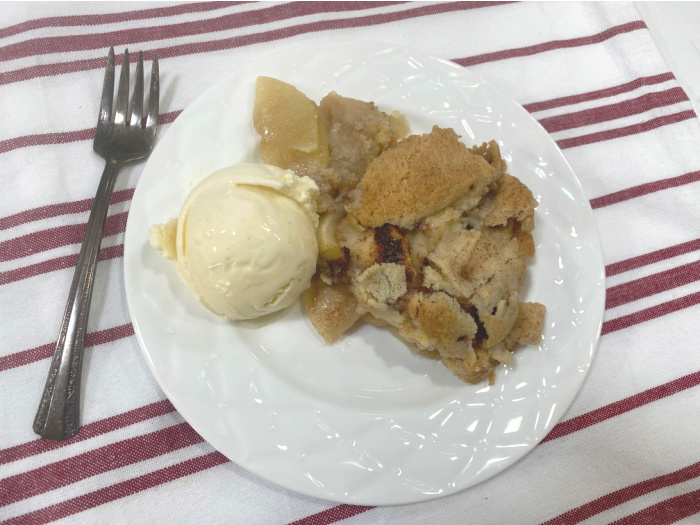
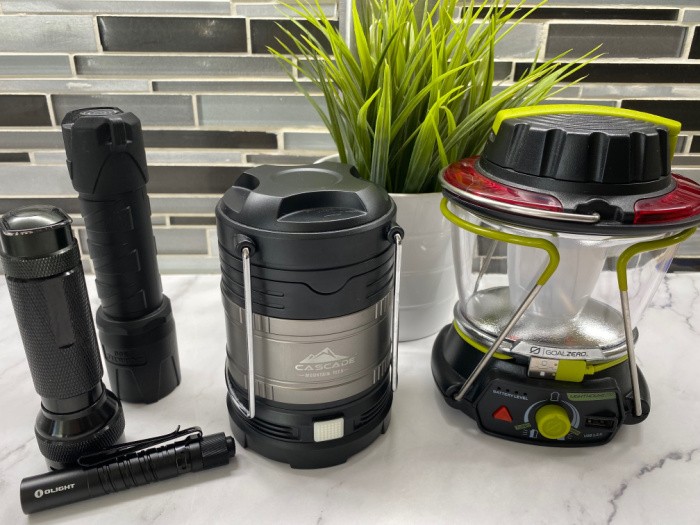
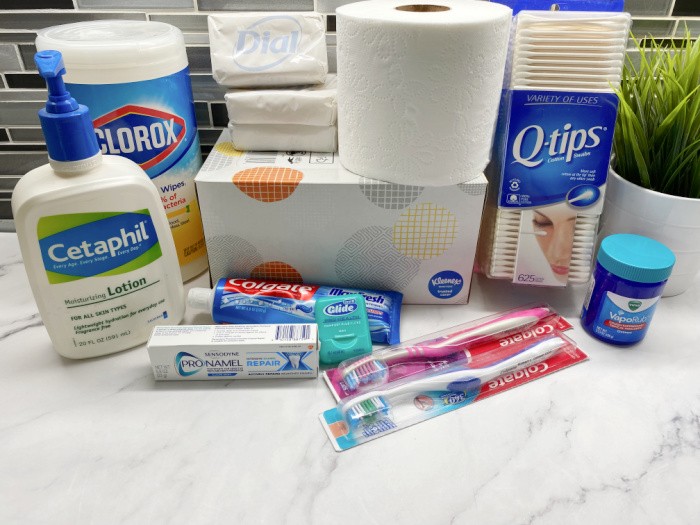
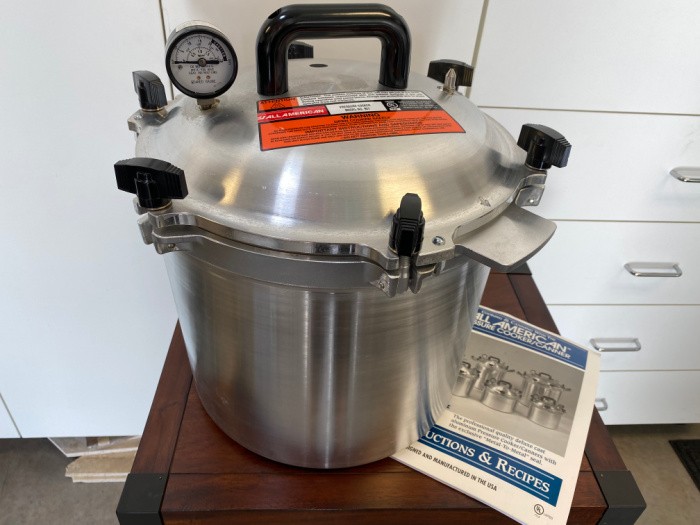
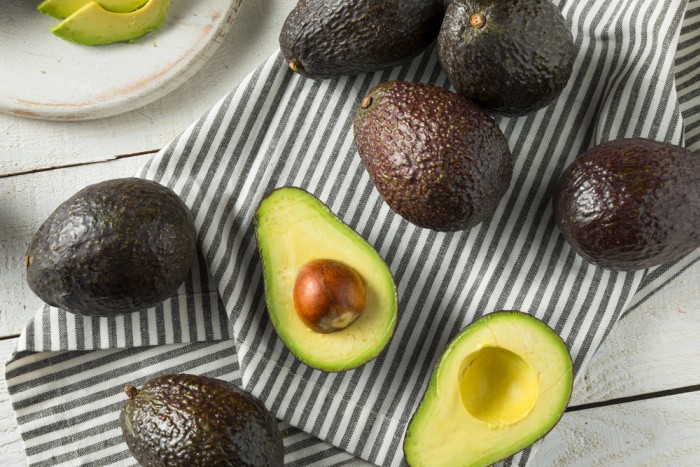
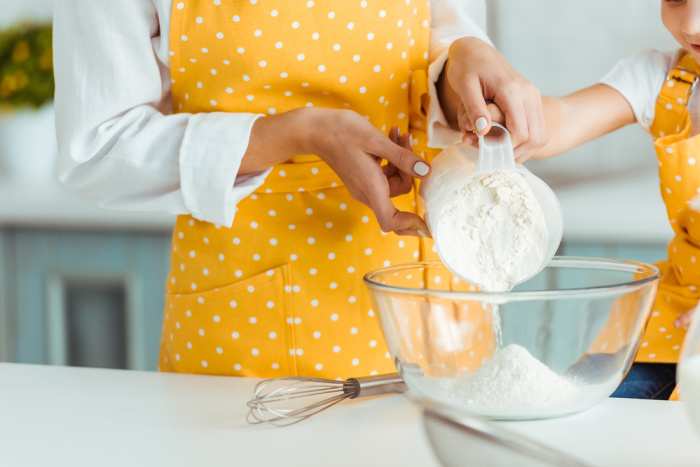


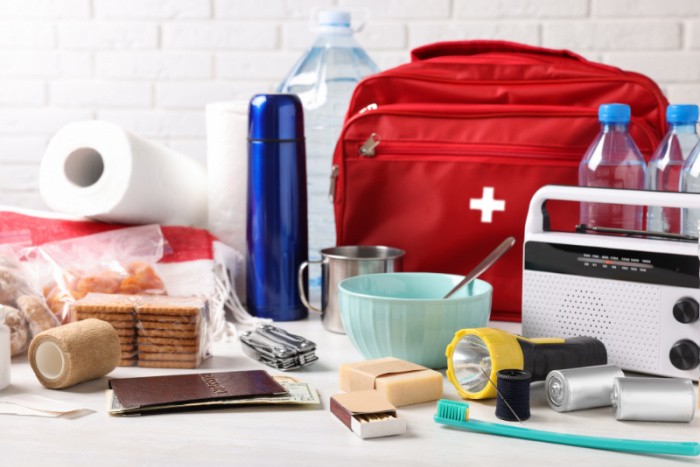
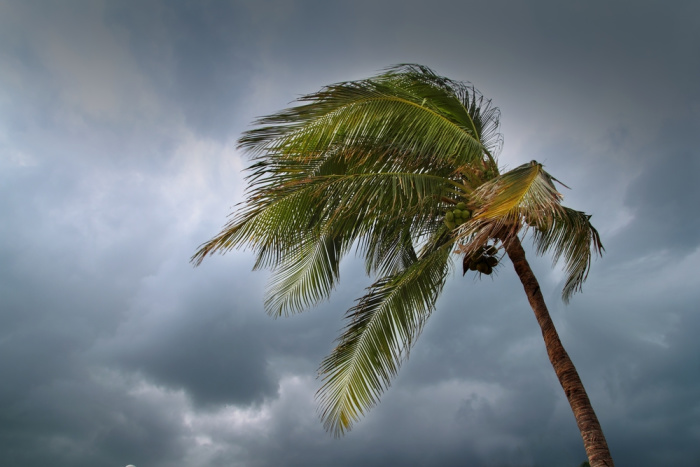
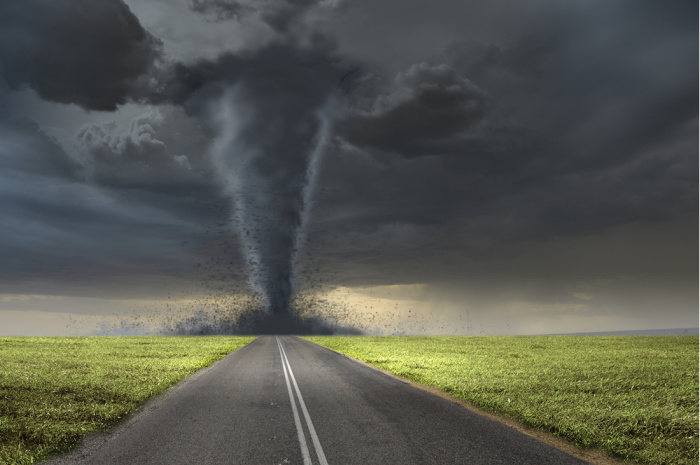

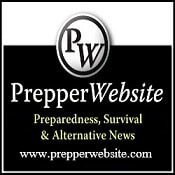
The phone calendar setting is a great tool for me. In March I do the tornado shelter. In July it’s water rotation. Monthly generator test is set as well.
HI Matt, oh I love this idea! I use it to rotate my food to evacuate! Thanks for the reminder. Love it, Linda